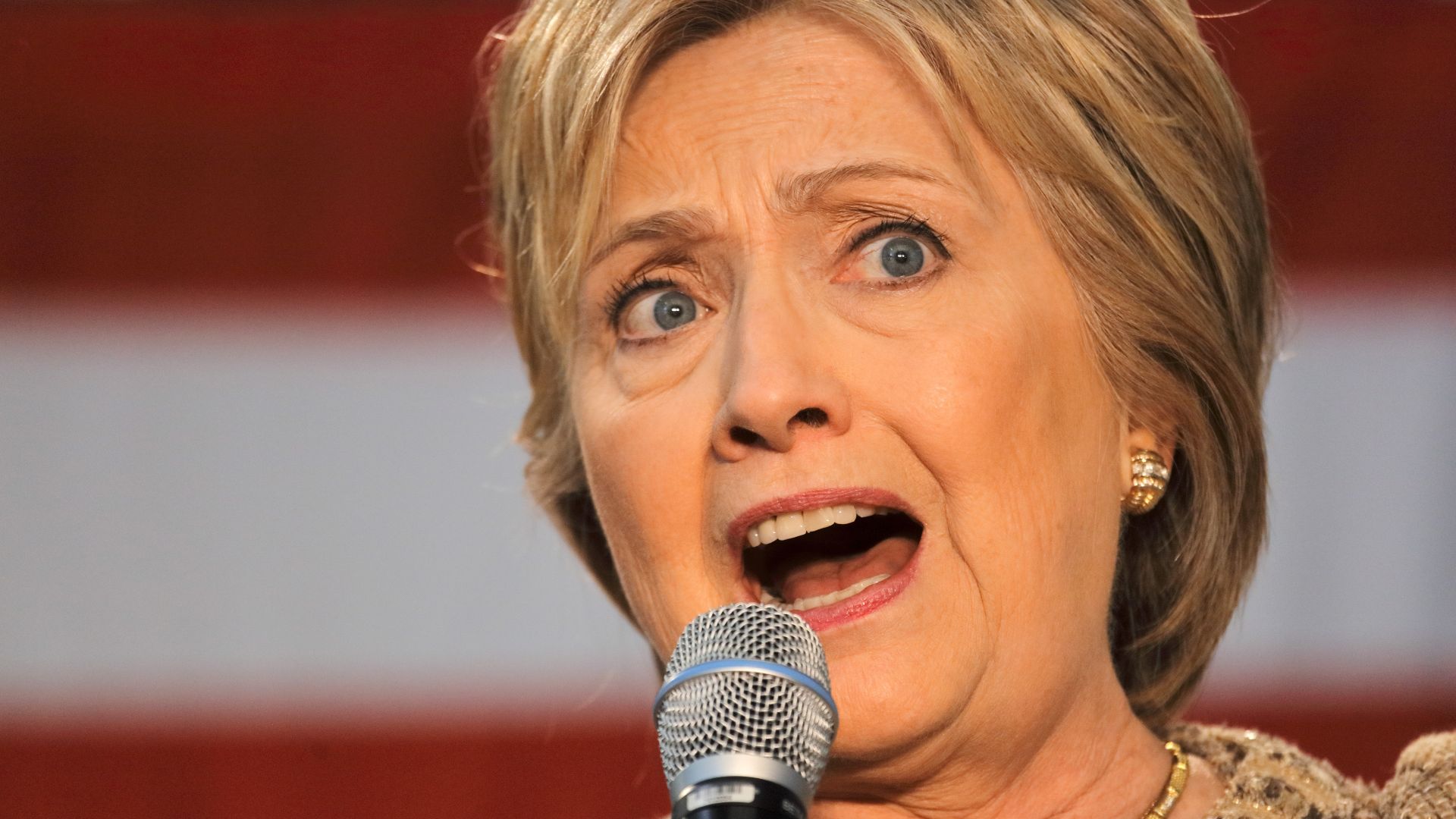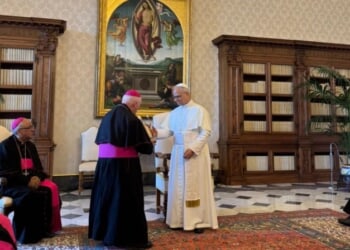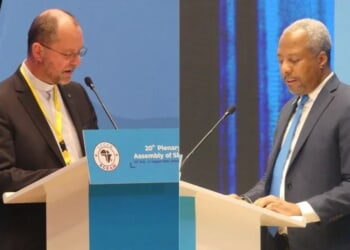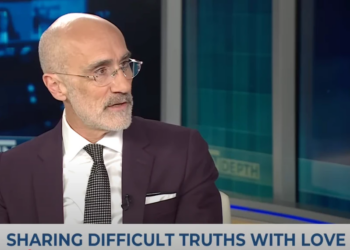
A newly declassified FBI internal timeline reveals that the bureau’s Los Angeles Field Office was investigating 19 Clinton Foundation bank accounts for potential campaign finance fraud in 2016 before the Justice Department ordered the probe closed.
BREAKING: Newly declassified FBI documents reveal the FBI’s Los Angeles Field Office was investigating at least nineteen (19) Clinton Foundation bank accounts for possible “campaign finance fraud” in 2016-2017 before the Justice Department shut the “sensitive” investigation down.
— Paul Sperry (@paulsperry_) August 16, 2025
Trump’s Sovereign Wealth Fund: What Could It Mean For Your Money?
The disclosure, stemming from documents released this week, provides fresh detail on how federal investigators handled matters involving the Clinton Foundation during the 2016 presidential election cycle.
The records show that FBI investigators had been examining multiple bank accounts tied to the foundation as part of a broader campaign finance fraud investigation.
🚨 DECLASSIFIED BOMBSHELL: The FBI’s own internal timeline memo — just declassified by FBI Director Kash Patel — proves that multiple FBI field offices were investigating the Clintons for the pay-to-play and bribery revelations contained in my book Clinton Cash. And then the… pic.twitter.com/FnmbXwcHHp
— Peter Schweizer (@peterschweizer) August 15, 2025
This Could Be the Most Important Video Gun Owners Watch All Year
According to one entry, “SC [redacted] CID received a telephone call from [redacted] who requested follow-up information concerning the 19 CF bank accounts obtained by LAFO during a separate Campaign Finance Fraud investigation. He also requested a copy of the [redacted].”
The probe was shut down after an order from then-Deputy Attorney General Sally Yates.
Judicial Watch, which first brought the issue of Hillary Clinton’s private email server to public attention, has obtained emails indicating that Yates told FBI agents to close the Clinton Foundation investigation.
Yates’ directive, summarized in declassified records, instructed investigators to “Shut it down,” effectively halting the review of financial accounts linked to the foundation.
The order came as Clinton, serving as Secretary of State from 2009 to 2013, faced accusations of providing favorable treatment to Clinton Foundation donors while conducting official government business.
Judicial Watch released records showing that Clinton used a private email server for official communications during her tenure at the State Department.
Critics allege the arrangement was designed to conceal correspondence tied to foundation activity and donor access.
The decision to halt the Clinton Foundation probe has drawn renewed attention given the contrast with recent prosecutions.
In New York, Manhattan District Attorney Alvin Bragg charged President Donald Trump with 34 felony counts for alleged campaign finance violations tied to a $130,000 payment to Stormy Daniels in 2016.
Bragg elevated the matter from a misdemeanor to a felony, pursuing charges that Trump and his legal team have argued are politically motivated.
Meanwhile, the Clinton Foundation investigation into alleged campaign finance fraud was ended in 2016.
The documents suggest the FBI had already obtained records from 19 separate accounts before the shutdown order was issued.
The foundation has also been linked to a broader network of financial activity during the 2016 election.
John Solomon is releasing an email from Obama’s Deputy AG Sally Yates, which was found by Kash Patel, that explicitly told FBI agents who were investigating corruption at the Clinton Foundation to “SHUT IT DOWN.”
So while President Trump was campaigning against Hillary and… pic.twitter.com/Jsv1MxipP5
— TheStormHasArrived (@TheStormRedux) August 13, 2025
In 2018, attorney Dan Backer filed a federal lawsuit in Virginia alleging that as many as 40 state Democratic parties worked to circumvent campaign finance laws to benefit Hillary Clinton’s campaign.
The lawsuit claimed that approximately $84 million was improperly routed through state party accounts to support Clinton’s presidential bid.
“You had individuals giving $300,000. They’re not doing it because they care about Nevada’s or Arkansas’ state party. They’re doing it to curry favor with and buy influence with Hillary Clinton,” Backer told the Las Vegas Review Journal at the time.
Backer said he filed the lawsuit after the Federal Election Commission failed to act on an earlier complaint, leaving what he described as significant campaign finance violations unaddressed.
The combination of the newly declassified FBI timeline and earlier lawsuits raises ongoing questions about how campaign finance laws were enforced in the 2016 election cycle.
While the Justice Department shut down inquiries into the Clinton Foundation, investigators pursued separate cases involving President Trump, leading to criminal charges nearly a decade later.
The FBI’s internal documents provide the clearest evidence to date that investigators were actively pursuing financial records tied to the Clinton Foundation before the Justice Department ordered them to end the probe.
The Maryland grand jury lawsuit and Judicial Watch findings remain part of a long-running debate over transparency, enforcement, and equal treatment under federal campaign finance law.

![Newly Declassified FBI Timeline Exposes 19 Clinton Foundation Bank Accounts Under Review [WATCH]](https://www.right2024.com/wp-content/uploads/2025/08/Newly-Declassified-FBI-Timeline-Exposes-19-Clinton-Foundation-Bank-Accounts-750x375.jpg)
![Man Arrested After Screaming at Senators During Big Beautiful Bill Debate [WATCH]](https://www.right2024.com/wp-content/uploads/2025/06/Man-Arrested-After-Screaming-at-Senators-During-Big-Beautiful-Bill-350x250.jpg)














